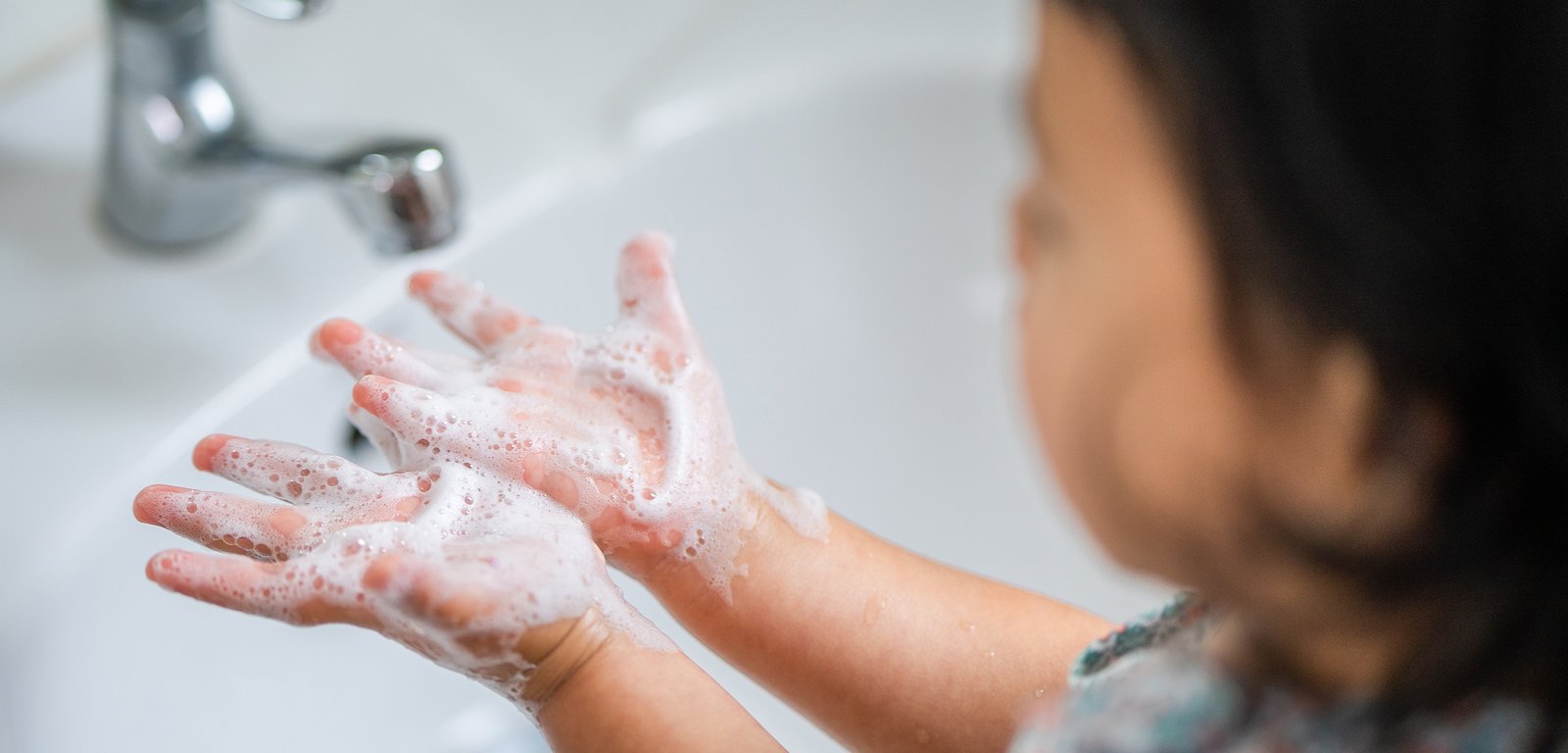Published - Sat, 06 Jan 2024

10 Reasons To Teach Your Children The Importance Of Cleanliness | Kidzodeon Learning
The importance of cleanliness for kids cannot be overstated. Maintaining good hygiene practices from a young age not only contributes to a child's physical health but also plays a crucial role in their overall well-being and development. Here are several reasons why cleanliness is important for kids:
1. Disease Prevention:
Cleanliness helps prevent the spread of germs and reduces the risk of infections and illnesses. Teaching kids to wash their hands regularly, especially before meals and after using the restroom, is a fundamental practice for preventing the transmission of diseases.
2. Personal Health and Well-being:
Establishing good personal hygiene habits, such as regular bathing, brushing teeth, and keeping nails clean, contributes to the child's overall health and well-being. It helps prevent issues like skin infections, dental problems, and other health-related issues.
3. Self-esteem and Confidence:
Children who are clean and well-groomed often feel more confident about themselves. Developing good personal hygiene habits can boost a child's self-esteem, as they feel more comfortable and positive about their appearance.
4. Social Acceptance:
Maintaining cleanliness is a societal norm, and kids who practice good hygiene are more likely to be accepted by their peers. Children are generally more willing to engage with others who are clean and tidy, fostering positive social interactions.
5. Establishing Routines:
Teaching children about cleanliness helps instill a sense of routine and discipline. Establishing regular habits like brushing teeth, washing hands, and taking showers becomes an essential part of a child's daily routine.
6. Learning Responsibility:
Taking care of one's personal hygiene teaches children about responsibility. It helps them understand the consequences of neglecting cleanliness and fosters a sense of accountability for their own well-being.
7. Preventing Unpleasant Odors:
Good personal hygiene practices help prevent unpleasant body odors. Teaching children to keep themselves clean contributes to a more pleasant and comfortable environment for both the child and those around them.
8. Respect for Personal and Shared Spaces:
Encouraging cleanliness instills a sense of respect for personal space and shared environments. Kids learn to keep their living and playing areas tidy, fostering a more organized and positive living environment.
9. Educational Success:
A clean and organized learning environment is conducive to better concentration and focus. When children are taught to keep their study spaces clean and organized, it can positively impact their academic performance.
10. Lifelong Habits:
The habits formed during childhood often carry into adulthood. Teaching children the importance of cleanliness establishes a foundation for lifelong habits that contribute to their overall health and well-being.
In summary, cleanliness is crucial for kids as it directly impacts their physical health, emotional well-being, social interactions, and overall development. By instilling good hygiene practices from a young age, parents and caregivers contribute to the child's positive growth and lifelong habits.
Created by
Comments (0)
Search
Popular categories
Latest blogs

Republic Day of India 2026
Fri, 23 Jan 2026

Holi: Celebrating Colors, Traditions, and Spiritual Joy
Sun, 16 Mar 2025

Discover the Amazing Qualities of Shri Hanuman Ji on Hanuman Jayanti! | Kidzodeon Learning
Tue, 23 Apr 2024

Write a public review